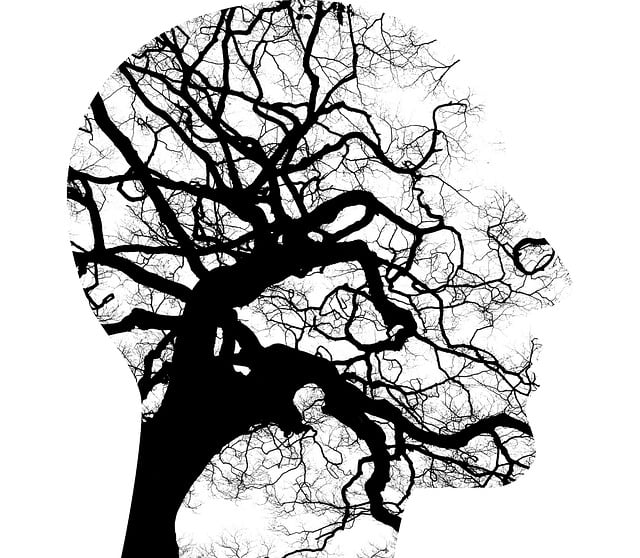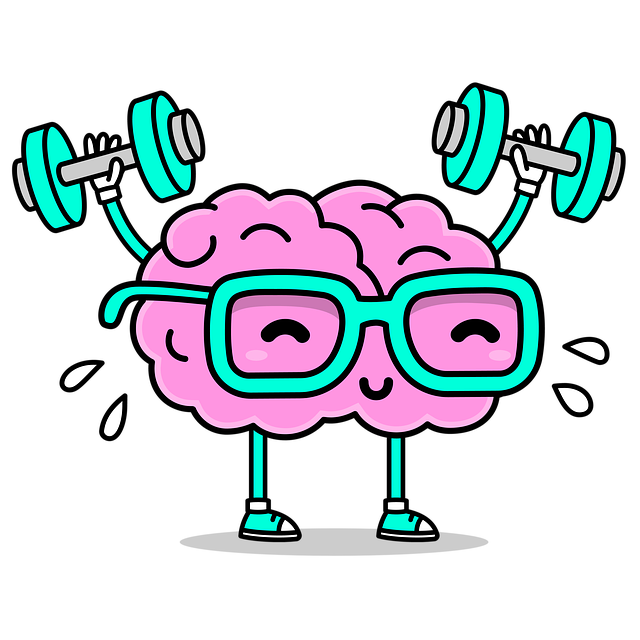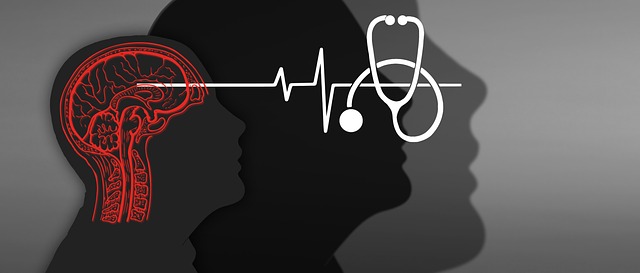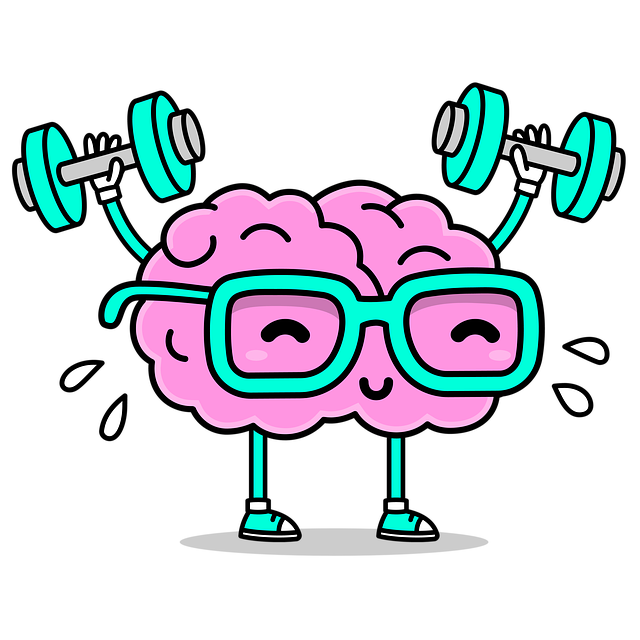Stress is a common adult struggle, but effective therapy through holistic workshops can help. These programs teach mindfulness, relaxation, and emotional coping strategies using interactive activities like guided meditation, deep breathing, and progressive muscle relaxation. Crisis intervention guidance and public awareness campaigns enhance support. The Stress Management Workshops Organization offers engaging sessions with group discussions, role-playing, and experiential exercises to tailor stress management tools to individual needs. Relaxation practices, such as deep breathing and meditation, empower participants to reduce stress, improve well-being, and cultivate mental resilience. Follow-up strategies, including regular check-ins and self-care encouragement, ensure sustained progress.
Stress management workshops have emerged as a powerful tool for adults seeking to navigate life’s challenges. In today’s fast-paced world, understanding and addressing stress is crucial for overall well-being. This article delves into the art of designing and facilitating effective therapy for adult stress management. From uncovering common triggers to providing practical relaxation techniques, we explore key components that foster healing and sustainable coping strategies. Discover interactive approaches to engage participants and empower them to lead calmer, more balanced lives.
- Understanding Adult Stress: Unveiling Common Triggers and Effects
- Designing Effective Stress Management Workshops: Key Components
- Interactive Techniques for Engaging Participants and Fostering Healing
- Incorporating Relaxation and Mindfulness Practices: Calming the Mind and Body
- Measuring Success and Promoting Sustained Well-being: Follow-up Strategies
Understanding Adult Stress: Unveiling Common Triggers and Effects

Stress is an inevitable part of adult life, with various triggers and effects that can significantly impact overall well-being. Common stressors among adults include work pressures, financial concerns, relationship issues, and personal health problems. These factors often contribute to chronic stress, which, if left unaddressed, can lead to severe mental and physical health complications. Understanding the unique triggers and symptoms of adult stress is a crucial first step towards effective management.
Many individuals struggle with negative thinking patterns and poor communication strategies as coping mechanisms, which can exacerbate stress levels. Promoting positive thinking and encouraging the development of healthy coping skills are essential components of therapy for adults dealing with stress. Mental wellness coaching programs play a vital role in empowering individuals to navigate these challenges, fostering resilience, and cultivating a sense of calm amidst life’s storms.
Designing Effective Stress Management Workshops: Key Components

Designing Effective Stress Management Workshops requires a holistic approach that caters to the diverse needs of adults seeking therapy. Key components include interactive and engaging activities that promote mindfulness, relaxation techniques, and emotional coping strategies. Facilitators should incorporate exercises such as guided meditation, deep breathing, and progressive muscle relaxation to help participants manage stress in real-life situations.
Additionally, providing clear and concise crisis intervention guidance is essential. Workshops should equip attendees with tools to identify and address immediate stressors, fostering a sense of control and resilience. Public Awareness Campaigns Development can further enhance these sessions by sharing success stories and research-backed information, creating a supportive environment where learning and personal growth are prioritized.
Interactive Techniques for Engaging Participants and Fostering Healing

In Stress Management Workshops Organization, interactive techniques play a pivotal role in engaging participants and fostering healing among adults. These dynamic approaches go beyond traditional lectures, encouraging active participation through group discussions, role-playing scenarios, and experiential exercises. By involving attendees in hands-on activities, facilitators can help them apply stress management strategies directly to their lives, enhancing understanding and commitment to healthier coping mechanisms.
Empathy building strategies are a key component of these interactive sessions, promoting emotional connection among participants. Techniques focused on mindfulness, deep breathing exercises, and guided meditations help individuals cultivate resilience, enabling them to better navigate life’s challenges with equanimity. Through these engaging and therapeutic methods, the Stress Management Workshops Organization ensures that attendees leave not only equipped with tools but also empowered to lead more balanced and stress-free lives.
Incorporating Relaxation and Mindfulness Practices: Calming the Mind and Body

Incorporating relaxation and mindfulness practices is a cornerstone of effective stress management workshops. These techniques, such as deep breathing exercises, meditation, and yoga, offer powerful tools to calm both mind and body. By teaching participants how to engage in Mind Over Matter principles, these workshops empower them to reduce their stress levels and improve overall well-being. Self-Awareness Exercises play a significant role in this process by helping individuals recognize triggers and develop coping mechanisms tailored to their unique needs.
In the context of therapy for adults dealing with stress, these practices have been shown to be highly effective in depression prevention. Mindfulness fosters a sense of presence and acceptance, allowing individuals to navigate challenging situations without getting overwhelmed. Through regular practice, participants learn to let go of anxious thoughts and cultivate a state of tranquility that permeates their daily lives. This holistic approach not only addresses the symptoms of stress but also equips individuals with lifelong skills to manage stress and promote mental resilience.
Measuring Success and Promoting Sustained Well-being: Follow-up Strategies

After organizing Stress Management Workshops, measuring success and ensuring sustained well-being among participants is paramount. Follow-up strategies play a crucial role in this process. One effective method involves scheduling regular check-ins with attendees to assess their mental health status and progress in implementing learned techniques. These conversations can be conducted via phone calls, video conferences, or even personalized emails, allowing facilitators to offer tailored support and guidance as needed.
Additionally, encouraging participants to maintain a self-care routine development for better mental health is essential. Facilitators can provide resources on effective communication strategies, mindfulness exercises, and healthy coping mechanisms to help individuals integrate stress management into their daily lives. Regular feedback from these interactions can further refine the workshop curriculum, ensuring its relevance and effectiveness in promoting therapy for adults struggling with stress.
Stress management workshops are powerful tools in helping adults navigate and overcome their mental health challenges. By understanding common stress triggers and incorporating interactive techniques, these sessions can foster a sense of healing and well-being. The article has highlighted essential components to design effective workshops, including relaxation practices and follow-up strategies for sustained success. With the right approach, these workshops can revolutionize therapy for adults’ stress management, offering them practical skills to thrive in today’s fast-paced world.














